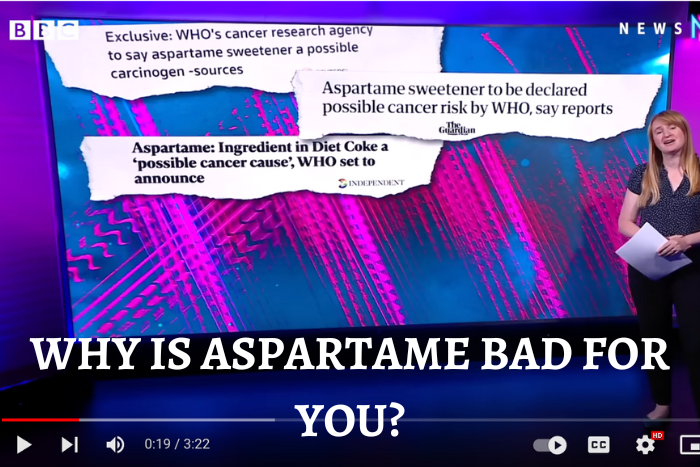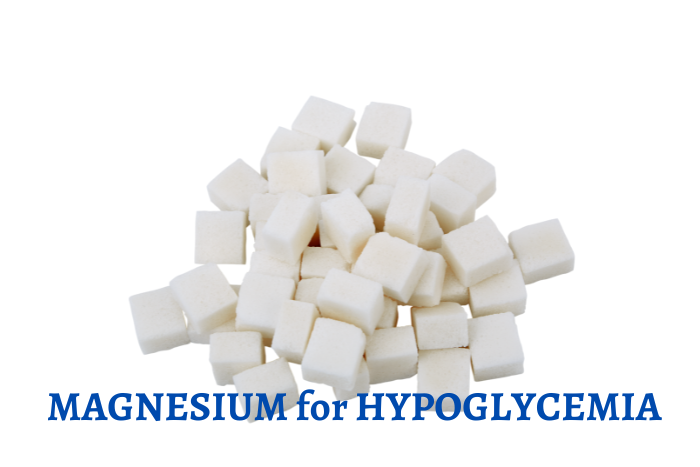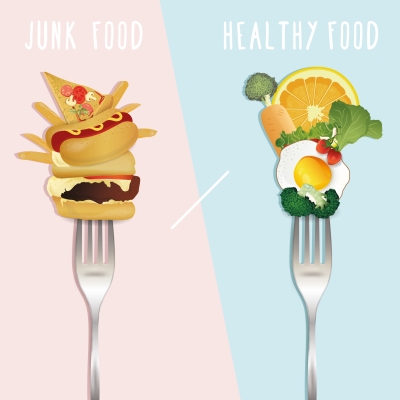
Why is aspartame terrible for you? Aspartame is an excitotoxin, an acidic amino acid. When people use it in high amounts, it reacts with appropriate brain receptors. These reactions destroy specific neurons. Sounds scary? Yes, it is terrible because aspartame sits nicely in various brands of processed food.
What do doctors say about this problem?
According to Dr. Carolyn Dean, M.D., N.D., the author of The Magnesium Miracle, many neurologists and neurosurgeons recognize the dangers of aspartame. They are sure that excitotoxins trigger the development of neurological diseases such as seizures, migraines, learning disorders in children, Alzheimer’s, Huntington’s, amyotrophic lateral sclerosis, and Parkinson’s.
Why do people use aspartame?
Aspartate and glutamate are amino acids. They act as natural neurotransmitters in the brain. The concentration of glutamate and aspartate is small — however, the same acids are used as food additives. The quantities are different.
Glutamate is in MSG, a powerful food additive. MSG is a flavor enhancer found in various processed foods. Plenty of Chinese buffet places use MSG.
Aspartate is one of three components in aspartame. It acts as a sugar substitute. Famous names are NutraSweet and Equal.
Why are these food additives dangerous?
Food additives containing glutamate and aspartate in high quantities stimulate brain cells. This prolonged stimulation overexcites cells. Constant stimulation can push brain cells to death. This process is called excitotoxicity.
Food additives containing glutamate and aspartate in high quantities stimulate brain cells. This prolonged stimulation overexcites cells. Constant stimulation can push brain cells to death. This process is called excitotoxicity.

Conclusion
Aspartame and MSG are excitotoxins. These food additives contain amino acids, glutamate, and aspartate, which work in tiny quantities on the average body’s metabolism. Significant amounts of aspartame and MSG overstimulate brain cells. It leads to undergoing a process of cell death. It is called excitotoxicity.
Do we need it? It is up to you to choose. Plenty of healthy and good-tasting food could bring pleasure and benefits to our bodies. Why rush to destroy our bodies? Let’s cherish it and avoid food additives such as aspartame and MSG.


